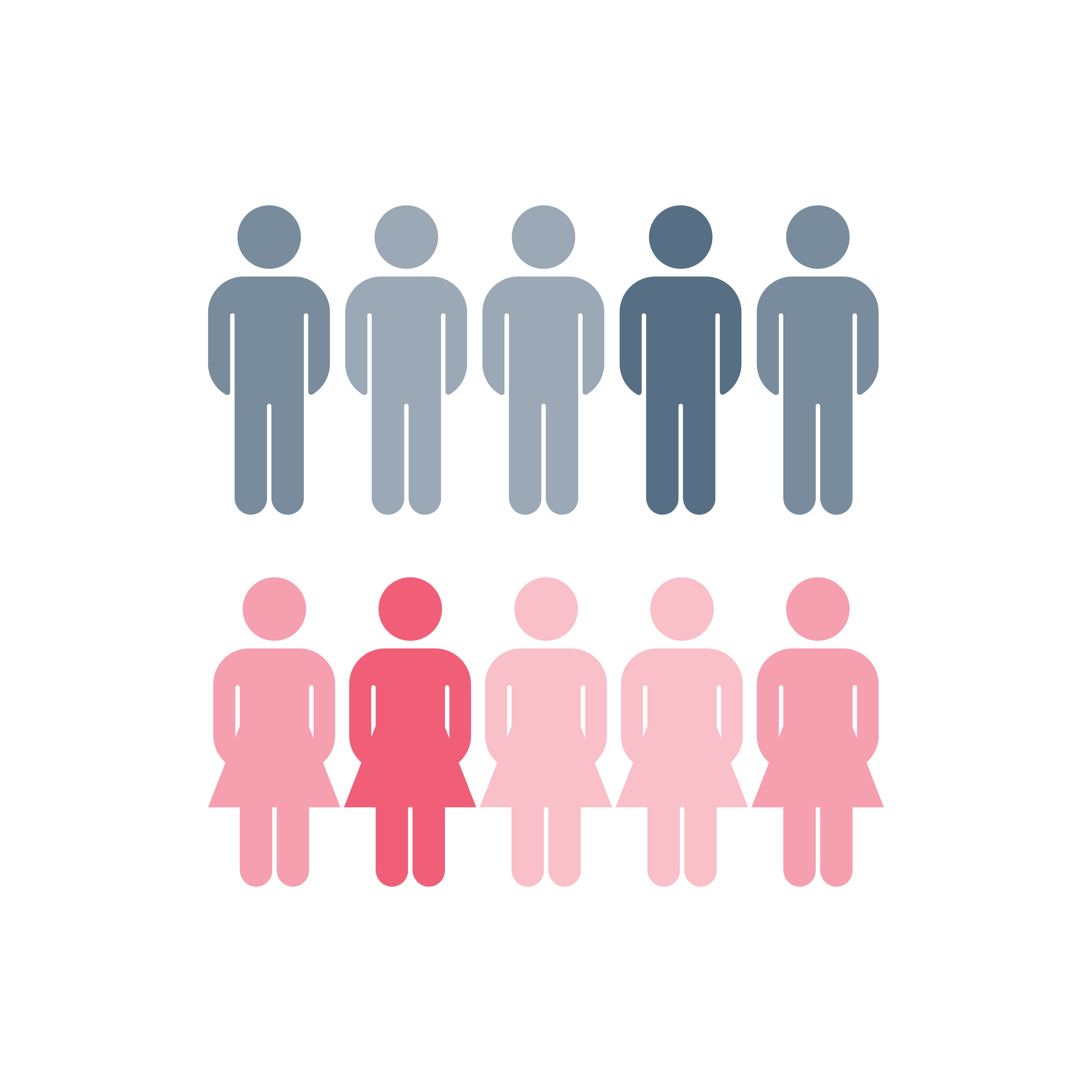What is a Research
Research is the process of gathering, analyzing, and interpreting information to answer a question or solve a problem. It is a systematic and rigorous process that involves collecting data, evaluating its quality, and drawing conclusions. Research can be conducted in a variety of fields, including the natural sciences, social sciences, humanities, and arts.

The goal of research is to advance knowledge and understanding. It can be used to develop new theories, create new products or processes, or improve existing ones. Research can also be used to inform policy and decision-making.
There are many different types of research, but all research projects follow a similar process. The first step is to identify a research question or problem. Once the question or problem has been identified, the researcher needs to develop a research plan. This plan should outline the methods that the researcher will use to collect and analyze data.
Once the research plan is in place, the researcher can begin collecting data. This may involve conducting experiments, surveys, or interviews. The researcher may also collect data from existing sources, such as books, articles, or databases.
Once the data has been collected, the researcher needs to analyze it. This may involve using statistical methods to identify patterns and trends in the data. The researcher may also use qualitative methods to interpret the data and draw conclusions.
The final step in the research process is to communicate the findings to others. This may be done through writing a research paper, giving a presentation, or publishing a book or article.
Research is an essential part of our society. It helps us to learn new things, solve problems, and make informed decisions. Research is also a rewarding endeavor. It can be exciting to discover new knowledge and make a contribution to your field.
Here are some examples of research:
- A scientist conducting experiments to develop a new vaccine.
- A social scientist conducts surveys to study the impact of a new government policy.
- A historian conducting archival research to write a book about the American Civil War.
- An artist conducting research on different painting techniques to create a new work of art.
Research is an essential part of many different professions. Researchers work in a variety of settings, including universities, government agencies, businesses, and non-profit organizations.
Types of research
Research can be broadly classified into two categories: quantitative and qualitative research.
Quantitative research is based on the collection and analysis of numerical data. It is used to measure and quantify variables, and to identify patterns and trends in the data. Common quantitative research methods include surveys, experiments, and observational studies.
Qualitative research is based on the collection and analysis of non-numerical data, such as interviews, focus groups, and observations. It is used to understand people’s experiences, perspectives, and beliefs. Qualitative research methods are often used to explore complex topics or to generate new ideas.
Within these two broad categories, there are many different types of research that can be conducted. Some examples include:
- Exploratory research: This type of research is used to learn more about a new topic or to explore a new idea. It is often used to generate new hypotheses or to develop new research questions.
- Descriptive research: This type of research is used to describe the characteristics of a population or phenomenon. It is often used to gather information about the current state of affairs.
- Explanatory research: This type of research is used to explain why something happens. It is often used to test hypotheses or to develop theories.
- Action research: This type of research is used to solve a specific problem or to improve a situation. It is often conducted in collaboration with practitioners.
Researchers may also choose to use a mixed methods approach, which combines both quantitative and qualitative methods. This approach can be useful for gaining a more comprehensive understanding of a topic.
The type of research that is most appropriate will depend on the specific research question or problem that the researcher is trying to answer. It is important to choose a research design that is appropriate for the topic and that will produce reliable and valid results.
Understanding the Research Process
The research process is a systematic way of gathering and analyzing information to answer a question or solve a problem. It is a cyclical process, meaning that researchers may go back and forth between steps as they learn more about their topic.
The following is a general overview of the research process:
- Identify a research question or problem. What do you want to learn about or solve? Your research question should be specific and focused.
- Review the literature. What has already been written about your topic? This will help you to narrow down your focus and identify any gaps in your knowledge.
- Develop a research design. This outlines the methods that you will use to collect and analyze data. Your research design should be appropriate for your research question and topic.
- Collect data. This may involve conducting experiments, surveys, or interviews. You may also collect data from existing sources, such as books, articles, or databases.
- Analyze the data. This involves using statistical or qualitative methods to identify patterns and trends in the data.
- Draw conclusions. What did you learn from your research? How does your research answer your research question or solve your problem?
- Communicate your findings. This may be done through writing a research paper, giving a presentation, or publishing a book or article.
It is important to note that the research process is not always linear. Researchers may go back and forth between steps as they learn more about their topic. For example, they may need to revise their research question or develop a new research design if they find that the existing literature is not adequate.
The research process can be challenging, but it is also very rewarding. It is a way to learn new things, solve problems, and make a contribution to your field.
Here are some tips for conducting effective research:
- Be clear about your research question or problem.
- Review the literature thoroughly.
- Develop a research design that is appropriate for your topic.
- Collect data carefully and ethically.
- Analyze the data rigorously.
- Draw conclusions that are supported by your data.
- Communicate your findings clearly and concisely.
References:
- Research Process Steps: What they are + How To Follow | QuestionPro
- Strategy – The Research Process : A Guide – Library Guides at UC Berkeley
- What is Research – Definition, Types, Methods & Examples (questionpro.com)
- What is Quantitative Research? – Quantitative and Qualitative Research – Subject and Course Guides at University of Texas at Arlington (uta.edu)
- What is Qualitative Research – Qualitative Research – LibGuides at Gonzaga University








